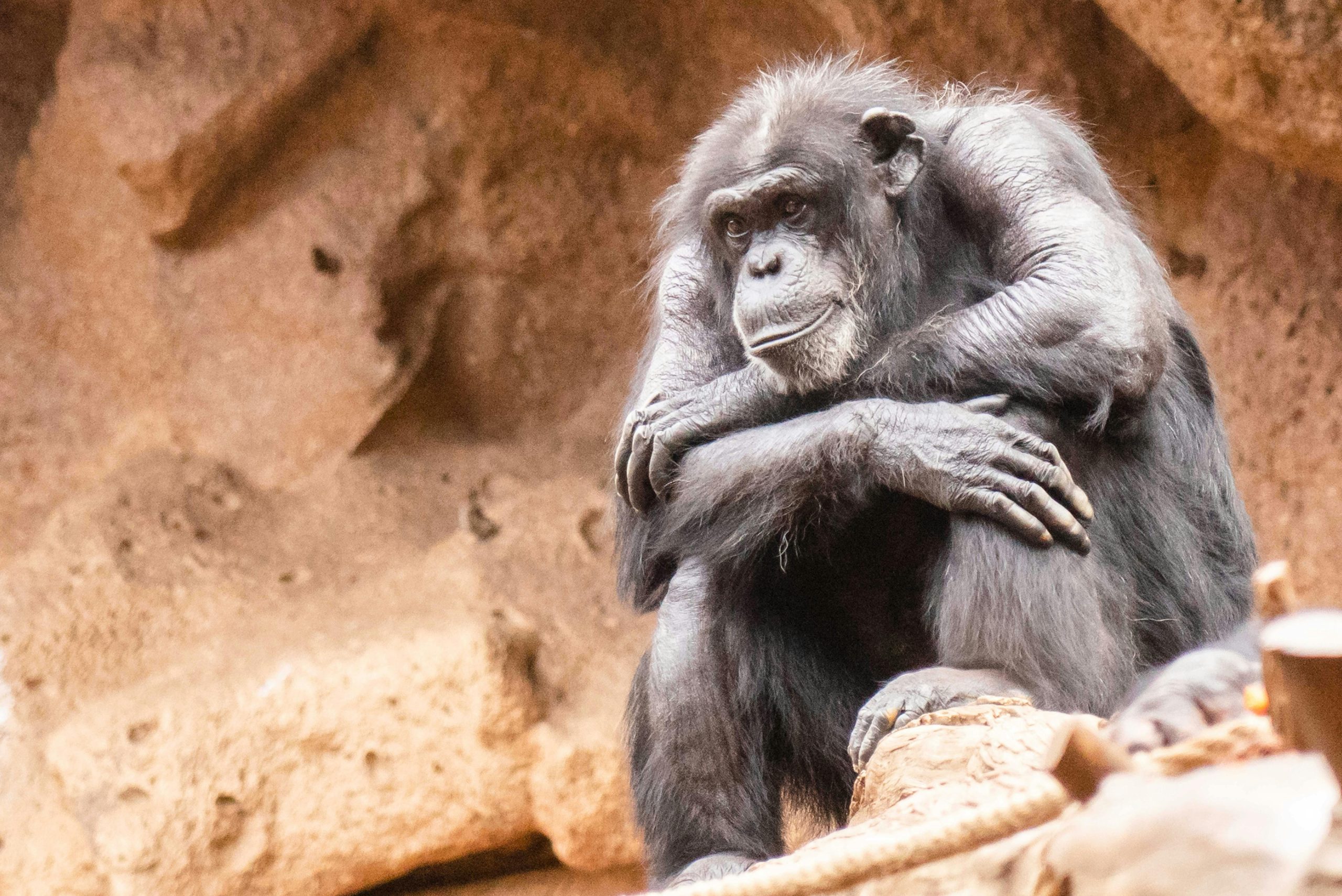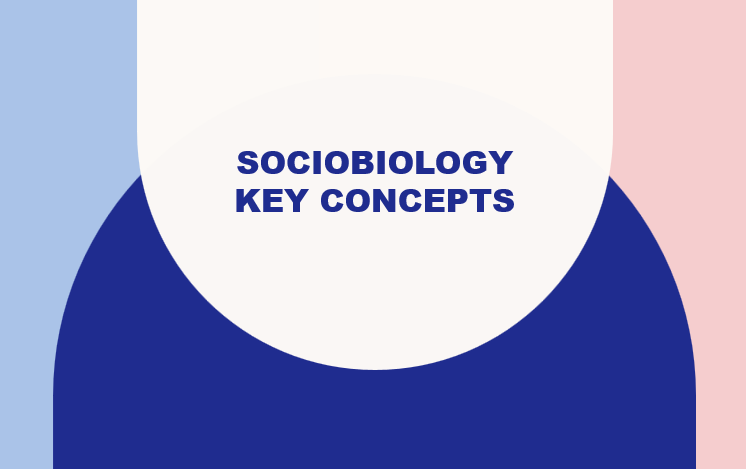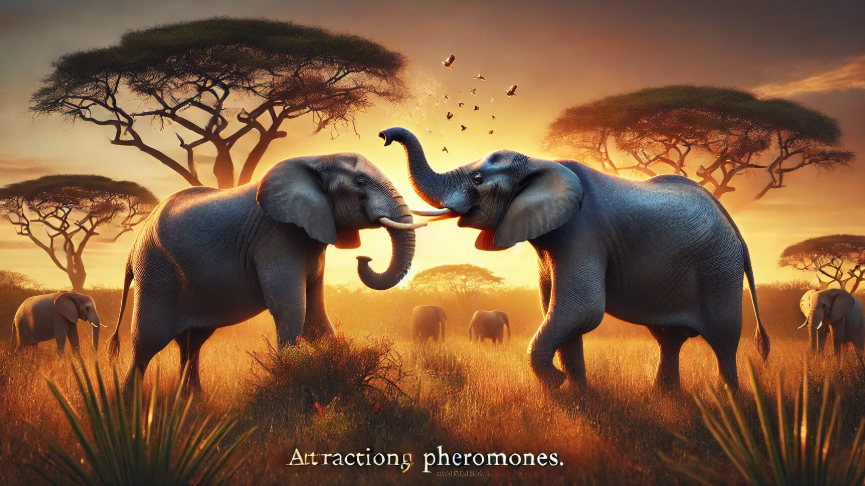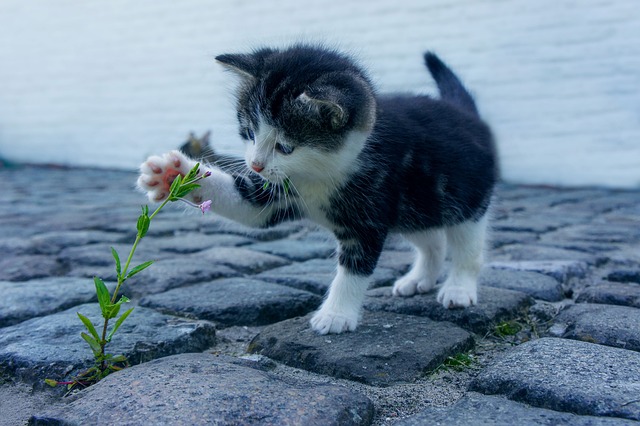Introduction and History of Ethology

Introduction to Ethology
Ethology is the scientific study of animal behavior, with an emphasis on behavior under natural conditions. This field seeks to understand the mechanisms, development, evolutionary significance, and function of behavior. Unlike related fields like behavioral ecology or comparative psychology, ethology focuses on innate and adaptive behaviors shaped by evolutionary processes.
The term ethology derives from the Greek words:
“ēthos” (ἦθος): meaning “character,” “custom,” or “habit.” This reflects the study’s focus on the intrinsic nature or behavior of organisms.
“logos” (λόγος): meaning “study” or “discourse.”
Ethologists explore behaviors like:
- Mating rituals
- Foraging patterns
- Social organization
- Communication signals
The field integrates biology, psychology, and ecology to explain how behavior contributes to survival and reproduction.
History of Ethology
The origins of ethology can be traced to ancient times when early humans observed animal behavior for hunting or domesticating purposes. However, as a scientific discipline, it developed in the 20th century.
Pre-Modern Foundations
- Aristotle (384–322 BCE): The first recorded naturalist to systematically describe animal behavior, noting instinctual and learned behaviors.
- Charles Darwin (1809–1882): His theory of evolution highlighted the adaptive nature of behaviors. His book The Expression of the Emotions in Man and Animals (1872) laid a foundation for studying the evolution of behavior.
Birth of Modern Ethology
In the early 20th century, ethology emerged as a distinct discipline focused on naturalistic observations.
Key Pioneers:
- Konrad Lorenz (1903–1989): Known for imprinting studies in birds, Lorenz explored instinctive behaviors and their triggers (releasers).
- Niko Tinbergen (1907–1988): Developed methodologies for studying animal behavior systematically. His “four questions” framework (mechanism, development, function, evolution) remains central in ethology.
- Karl von Frisch (1886–1982): Studied the communication of honeybees, especially the waggle dance, which conveyed information about food sources.
These three scientists shared the Nobel Prize in Physiology or Medicine in 1973 for their groundbreaking contributions.
Expansion and Integration
From the mid-20th century, ethology incorporated elements of genetics, neurobiology, and evolutionary theory.
The rise of behavioral ecology expanded the scope to include how behavior interacts with ecological and environmental factors.
Ethology Today
Modern ethology is interdisciplinary, bridging molecular biology, neuroscience, and even robotics to study complex behaviors.
Advances in technology, such as GPS tracking and machine learning, allow detailed analysis of animal behavior in diverse contexts.
Key Contributions
- Identification of fixed action patterns (FAPs).
- Understanding of innate releasing mechanisms (IRMs).
- Explanation of adaptive behaviors in evolutionary contexts.
Ethology remains a vital field for understanding both the biology of animals and the roots of human behavior. Would you like me to expand on a specific topic or add visuals for your notes?
Hi, I’m Hamid Ali, an MSc in Biotechnology and a passionate Lecturer of Biology with over 11 years of teaching experience. I have dedicated my career to making complex biological concepts accessible and engaging for students and readers alike.
Beyond the classroom, I’m an avid blogger, sharing insights, educational resources, and my love for science to inspire lifelong learning. When I’m not teaching or writing, I enjoy exploring new advancements in biotechnology and contributing to meaningful discussions in the scientific community.
Thank you for visiting my blog! Feel free to connect and explore more of my work.






